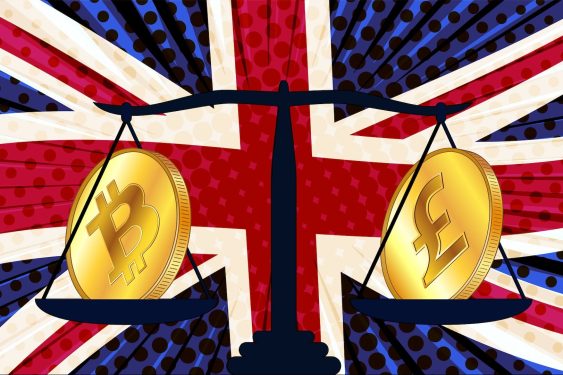
The United Kingdom government has introduced a new bill to Parliament that proposes to provide legal protections for digital assets such as cryptocurrency, non-fungible tokens (NFTs), and carbon credits. This move comes amidst a backdrop of regulatory challenges facing the crypto sector worldwide.
Regulatory Headwinds: A Global Perspective
In recent times, the Securities and Exchange Commission (SEC) in the United States has ruled that certain crypto assets are securities, leading to increased scrutiny for cryptocurrency exchanges. Additionally, the European Union is introducing new laws to regulate cryptocurrency and make transactions easier to trace.
The U.K.’s Digital Assets Bill: A Breakthrough
While other countries struggle with regulatory frameworks, the U.K. government is pushing forward with its own legislation. The Property (Digital Assets etc) Bill proposes to bring digital assets on par with traditional assets by defining them as ‘personal property’. This is a significant step towards legitimizing digital assets and providing clarity for market participants.
The Concept of Personal Property
In law, the concept of personal property plays a crucial role in various legal cases, including bankruptcy, insolvency, theft, inheritance, and divorce proceedings. Currently, the law distinguishes between two categories of property: tangible goods (known as ‘things in possession’) and intangible assets (such as shares, debts, and intellectual property).
The Gap for Digital Assets
Digital assets, such as Bitcoin and NFTs, have created a void in the current legal framework. This new bill aims to fill this gap by introducing a third category of personal property. If passed, it would provide greater clarity on what constitutes personal property and make it easier for courts to adjudicate disputes.
Benefits of the New Law
The proposed law would have far-reaching implications:
- Freezing Injunctions: Courts could issue freezing injunctions to prevent someone from dissipating a digital asset before a dispute is resolved.
- Greater Legal Remedies: Individuals whose digital assets are stolen as part of a scam could avail themselves of greater legal remedies.
- Inheritance and Bankruptcy: Digital assets would form part of a person’s estate for the purpose of inheritance or bankruptcy proceedings.
The Path Forward
The bill has reached the first reading stage in the House of Lords, where it will undergo debates and iterations before progressing to the House of Commons. While there is still some distance to go before the bill becomes law, the U.K. currently has a majority Labour Government, which increases the likelihood of its passage.
Boundary Issues and Common Law Approach
The Law Commission acknowledges that defining digital assets would raise boundary issues across the spectrum. They recommend adopting a common law approach, where courts would interpret the meaning of personal property on a case-by-case basis.
Conclusion
The U.K.’s Digital Assets Bill marks an important step towards legitimizing cryptocurrency and NFTs in the country’s legal framework. If passed, it would provide clarity for market participants and pave the way for greater adoption of digital assets.
Related News
- U.S. Government Charges Operators of Crypto Mixing Service: The U.S. government has charged operators of a crypto mixing service used by North Korea and ransomware gangs.
- Crypto Industry Groups Sue IRS Over Broker Reporting Rule: Crypto industry groups have sued the IRS over its broker reporting rule, which requires cryptocurrency exchanges to report transactions exceeding $10,000.
Stay Updated on the Latest Developments in Cryptocurrency and NFTs
Subscribe to our newsletter for the latest news and updates on the crypto space.






